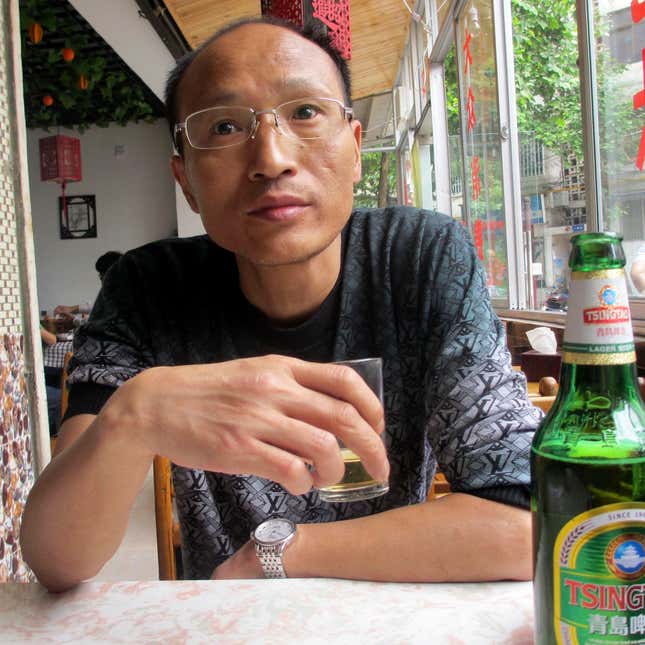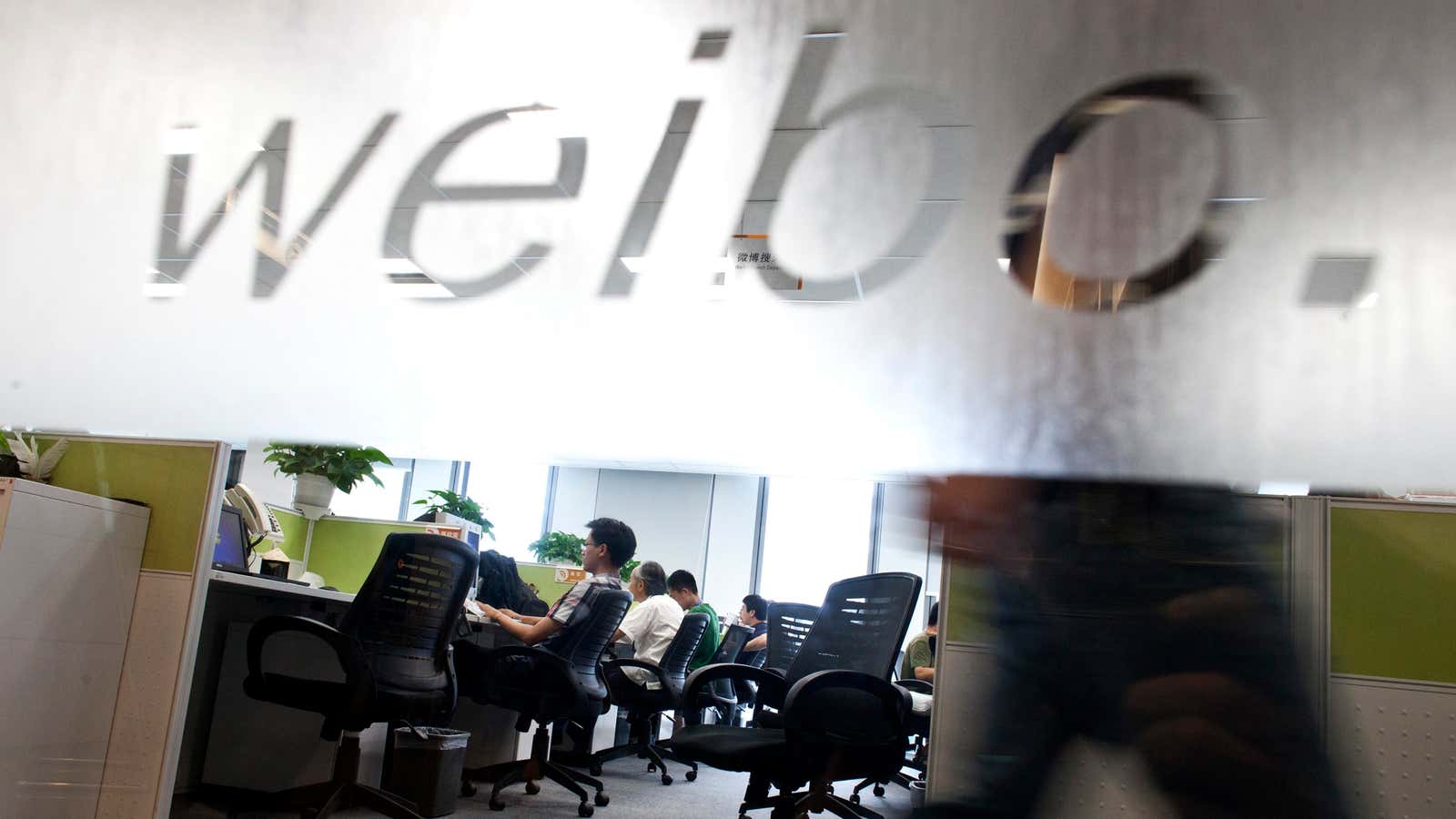It’s probably not a coincidence that, two months after China’s Twitter-like microblogging service Sina Weibo was overwhelmed with outrage over China’s “re-education through labor” camps, a committee on judicial reform has signaled that the government may be ready to overhaul these notorious prisons.
China’s system of re-education through labor coalesced under Mao Zedong in the 1950s and was directly inspired by Soviet gulags. Currently, approximately 500,000 people are sent to these camps every year, estimates Lili Yang, a researcher at the nonprofit Laogai research foundation, which publicizes the plight of those who have been swept up by China’s forced labor camps. Getting yourself sent to one of these prisons, where you’ll find a new definition of pain and suffering as you are slowly worn down by hard factory or farm labor, is surprisingly easy. Commit a petty crime, such as theft or political protest, and police can send you directly to one, without your ever going before a judge.
In August, Tang Hui, a mother of an 11-year-old girl who was raped and forced into prostitution by seven men was so upset that all seven did not receive the death penalty that she staged a series of protests. This annoyed the local government, so they sentenced Tang to 18 months in a re-education camp. When the story went viral on Sina Weibo, so furious was the popular outrage that even the People’s Daily, the mouthpiece of China’s ruling communist party, posted to Weibo (Chinese) in Tang’s support.
Responding to popular sentiment or manipulating it?
Like all media in China, Weibo—which is the generic Chinese term for microblogs, but is typically shorthand for Sina’s site, the biggest—isn’t immune to censorship. There is a long list of terms that are blocked on the site, including for example any mention of Tiananmen Square. The Laogai foundation argues that the reason Weibo hasn’t been shut down by the Chinese government is that it’s useful to Beijing as a tool to distract the masses and expose the excesses of corrupt regional bureaucrats, over whom the central government has historically had weak control.
The Tang Hui case showed how Weibo could, paradoxically, consolidate the power of the central government, since it involved the actions of local officials. By determining what can and cannot be said on Weibo, the communist party can selectively protect or punish whichever regional governments it wants to bolster or keep in check.

That said, Laogai also argues that Weibo has become something of a first for the central government: a channel through which to gather, and perhaps even act on, public sentiment:
Second, Weibo is an important information gathering channel for the Party. As China’s political system does not allow for the citizenry to speak their minds and local bureaucrats always try to deceive their superiors, China’s top leaders can only understand the mentality of their people through the spontaneous expressions of misgivings, aspirations, needs, and passions found online. In the absence of an effective system to collect and respond to popular opinion and demands, Weibo stands out as an alternative.
So did popular protest over re-education camps lead to the government’s concession that they should be reformed? (One online poll on Weibo revealed that 97% of respondents favored “immediate abolition” of the non-judicial system of labor camps.) Perhaps the most accurate answer to that question is that if the central government weren’t leaning in that direction already, it’s unlikely that discussion of such a possibility would have even been allowed on Sina Weibo in the first place. Reform of the labor camp system has been discussed by legal experts in China for years, and in 2007 such reform was proposed in the annual legislative plan released by the communist party.
Yang, the researcher at Laogai, isn’t optimistic that the labor camp system will be substantially reformed any time soon. Via email, she said that “As to the abolishing of laojiao system, we are not very optimistic about it.” She estimates that there have been around 10 episodes of public appeal for reform of the system in the past 30 years. “Laojiao gives the regime, including the officials at lower level of the social hierarchy, power beyond judicial system, so it’s hard for them give up what they have enjoyed for over a century.”
